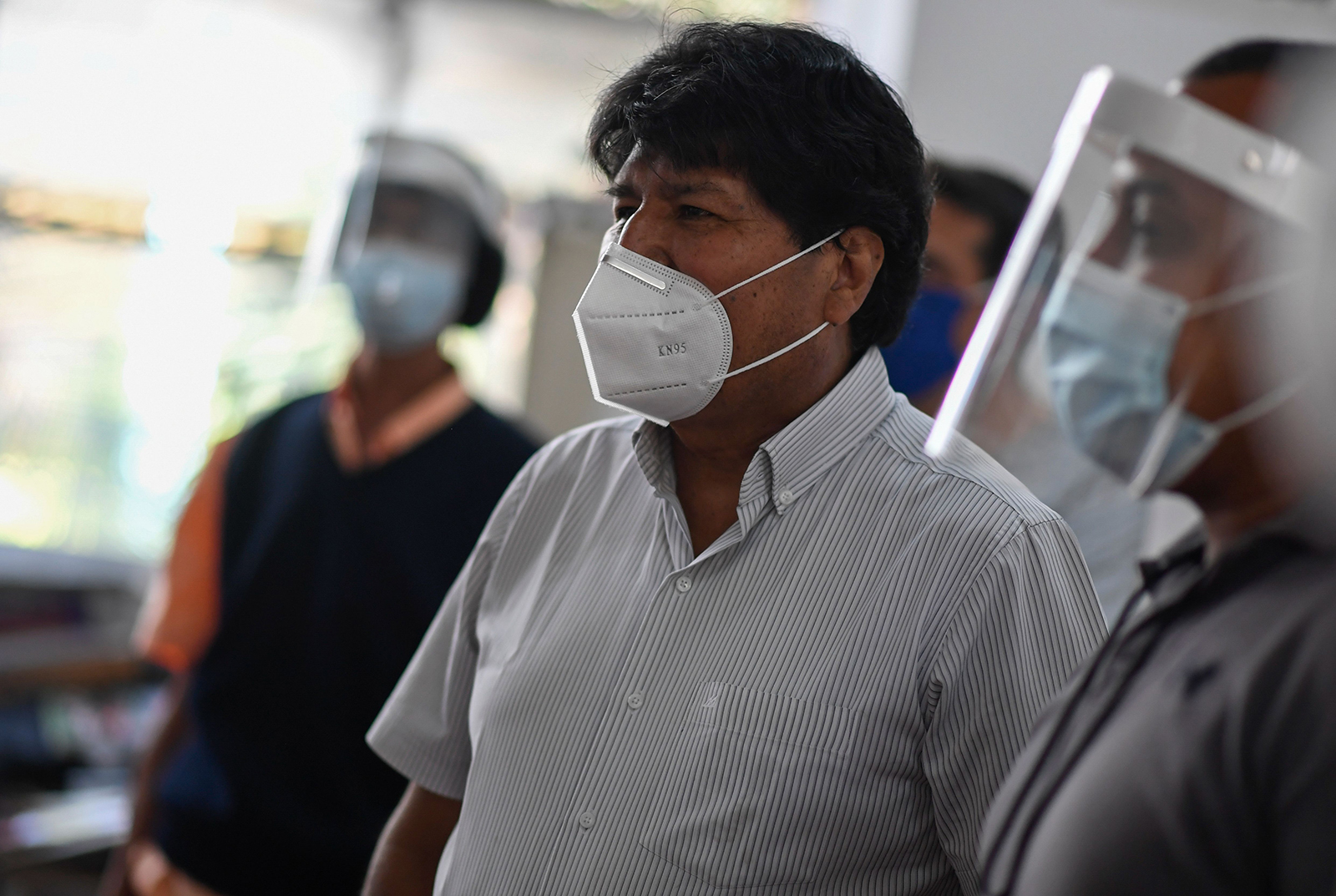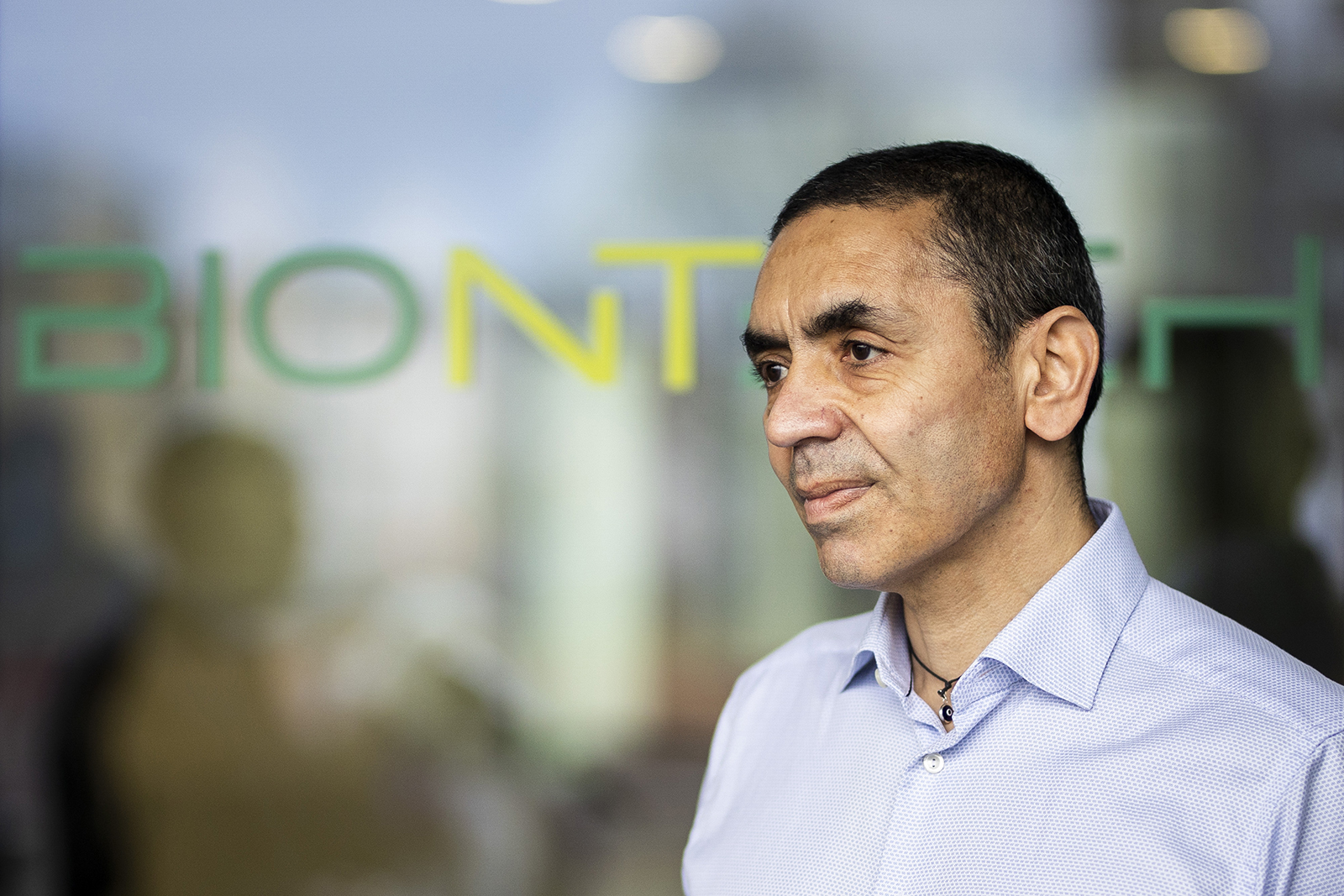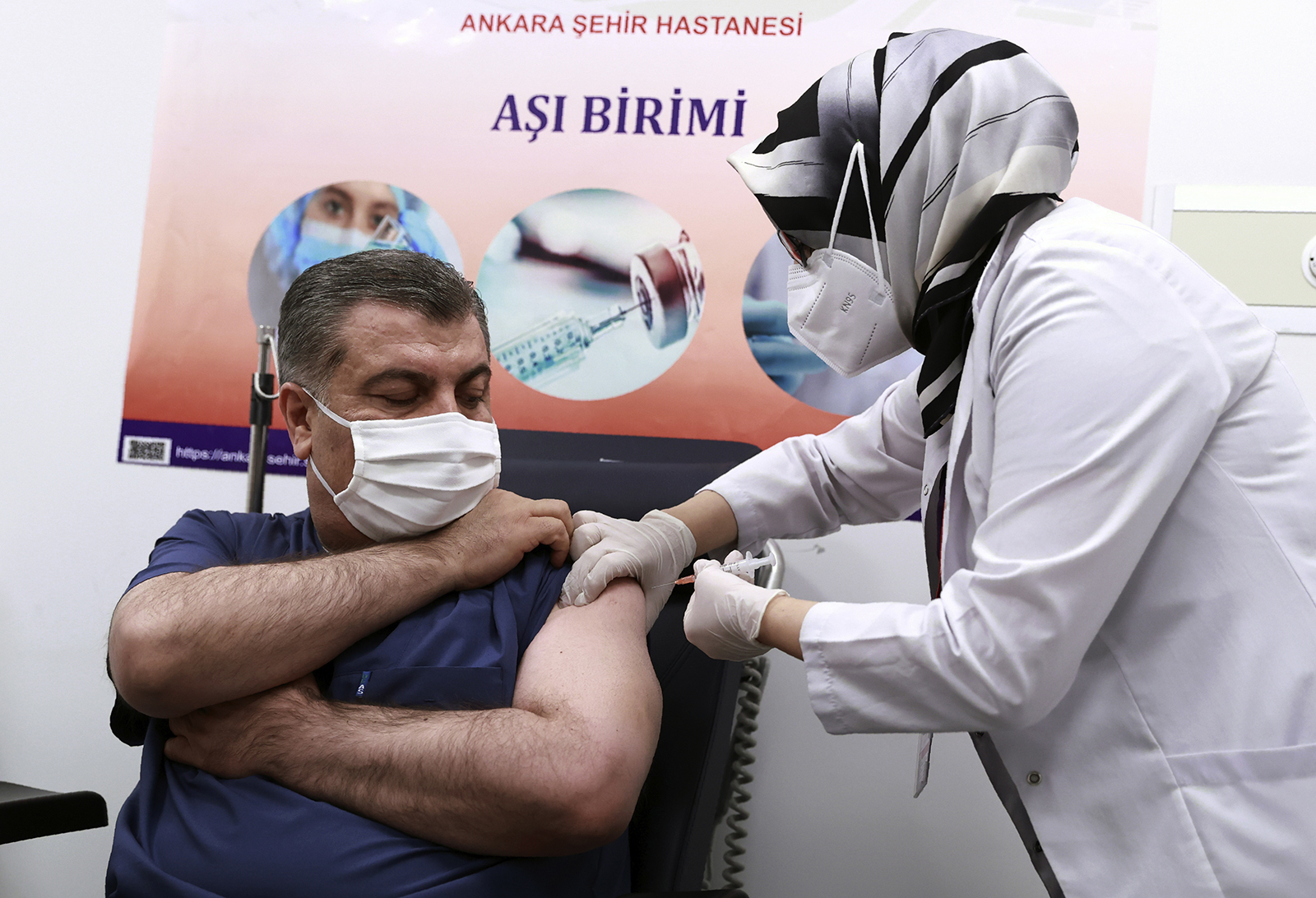Approximately one in three residents in Los Angeles County has been infected with Covid-19 since the start of the pandemic, according to new data published by the county.
As the county continues to experience a coronavirus surge, workplace outbreaks have also increased, the Los Angeles County Department of Public Health said Wednesday.
Workplace outbreaks are occurring at grocery stores, convenience stores, warehouses, manufacturing facilities, and many other workplaces where people come together on a daily basis.
“In just over a month, outbreaks at these worksites increased from 9 per week on November 1, to 44 per week on December 6 -- nearly a fivefold increase,” the department said.
The county has also experienced an increase in outbreaks in schools and daycare settings.
“While almost all the outbreaks were small and well-contained, dozens of staff and a small number of students were affected,” the department said.
It warned that these increases reflect a pattern of transmission from worksite to home and back to worksites.
Infection rate: The Los Angeles County Department of Health Services’ epidemic model estimates that about one in 115 residents are currently infectious to others compared to one in 125 a week ago.
Hospitalizations: According to county health officials, the number of new patients requiring hospitalization due to the virus has “increased markedly in December,” but “has appeared to level off.”
“We have not yet fully seen the effect of transmission in the period from around Christmas to New Years,” they said Wednesday.
Due to the time required for new exposures to result in illness severe enough to require hospitalization, health officials explained that the extent of transmission occurring during the last 10 days in December through New Year’s remains unclear.
“This makes it difficult to reliably predict demand for hospital-based services,” they said.
Officials predict a continued shortage of ICU beds and ventilators over the next four weeks.



